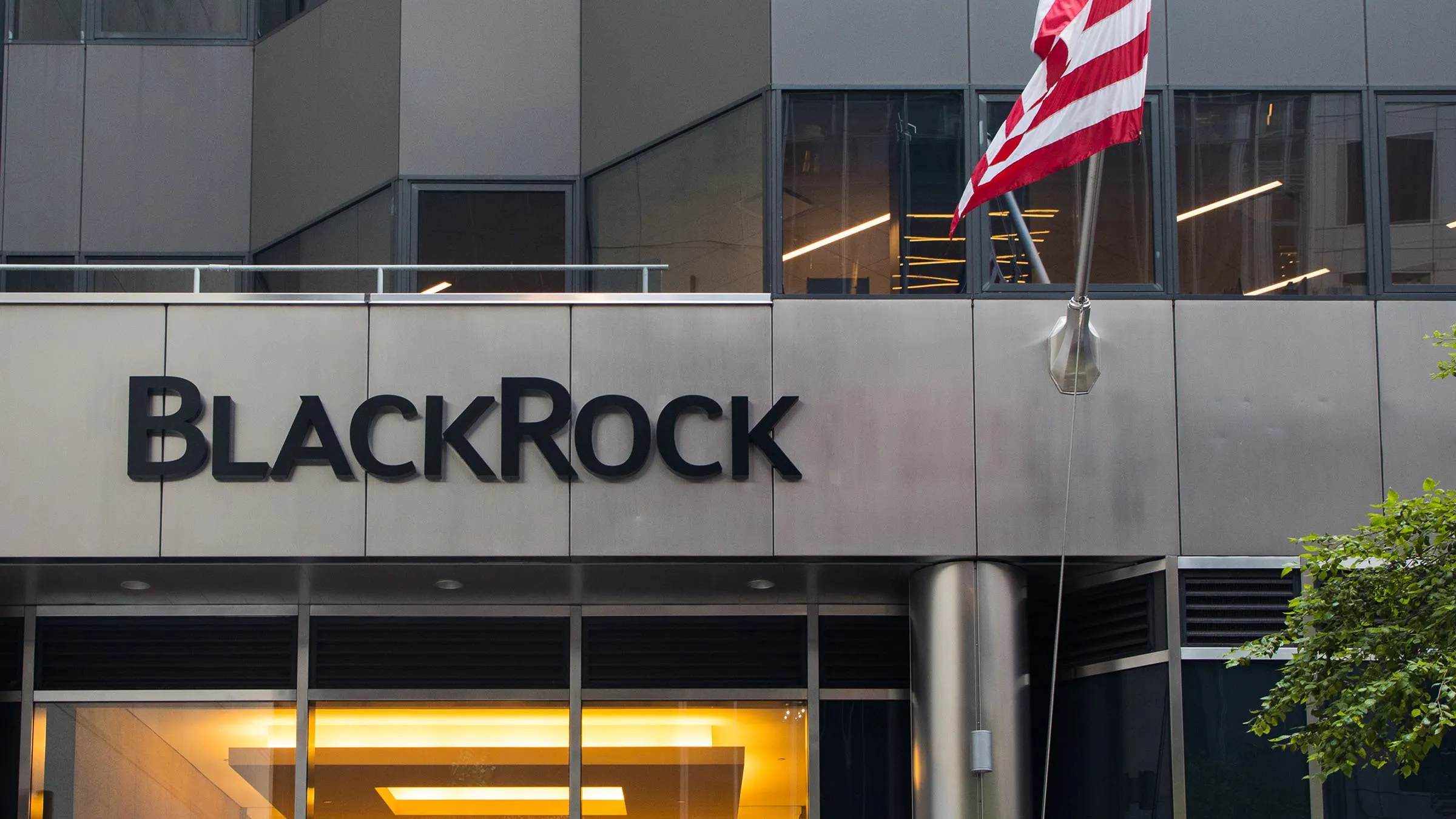We do the research, you get the alpha!
BlackRock’s iShares Bitcoin Trust (IBIT) has surpassed $50 billion in assets under management, achieving the milestone in just 228 days—more than five times faster than any other ETF in history.
For perspective, the previous record-holder, BlackRock’s iShares Core MSCI EAFE ETF (IEFA), took 1,329 days to reach the same threshold, according to Bloomberg senior ETF analyst Eric Balchunas.
The rapid growth of IBIT coincides with a historic year for Bitcoin (BTC). The world’s largest crypto broke the $100,000 barrier for the first time on Wednesday, closing at $103,000 after rising over 140% in 2024.
IBIT’s performance points to the rising demand for Bitcoin as an institutional-grade investment and emphasizes the role of spot Bitcoin ETFs in driving adoption.
Spot Bitcoin ETFs like IBIT have been instrumental in bringing traditional investors into the crypto market.
Approved by the U.S. Securities and Exchange Commission (SEC) in January, these funds offer direct exposure to Bitcoin prices without the complexities of custody or trading on crypto exchanges.
The approval ended years of regulatory resistance and has unleashed billions in inflows from investors previously hesitant to enter the space.
As of market close on Wednesday, Blackrock’s IBIT pulled in $570.7 million in inflows, according to data from Farside Investors.
Speaking to Decrypt, Bitfinex analysts noted that fresh demand from new investors has played a major role in Bitcoin’s record-breaking year.
“The ability of BTC to make new ATHs every week, despite profit-taking, is due to the fresh demand coming into the market from new investors,” the analysts said. “Any selling has been absorbed and outpaced by strong ETF inflows and subsequent buying from institutions.”
Adding momentum to BlackRock’s IBIT performance is the upcoming administration of President-elect Donald Trump, whose return to the White House has been accompanied by bold pro-crypto promises.
Trump has pledged to support the domestic crypto industry, including proposals to create a U.S. Bitcoin reserve and protect American crypto mining operations.
With anti-crypto SEC chair Gary Gensler’s departure and the nomination of Paul Atkins, a former SEC commissioner known for advocating market-friendly policies, analysts expect a shift toward a more collaborative regulatory framework for the crypto market.
Rather than being viewed as speculative assets, Bitcoin and crypto-backed ETFs like IBIT are increasingly viewed as tools for diversification and stability, especially as regulatory headwinds are predicted to ease.
Edited by Sebastian Sinclair





